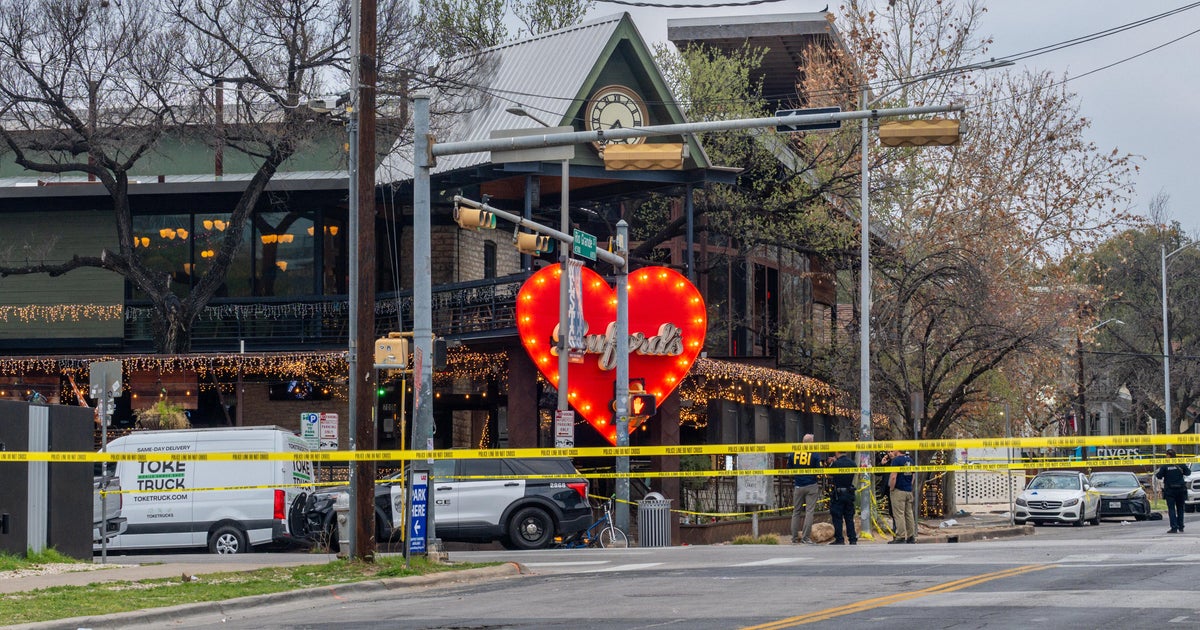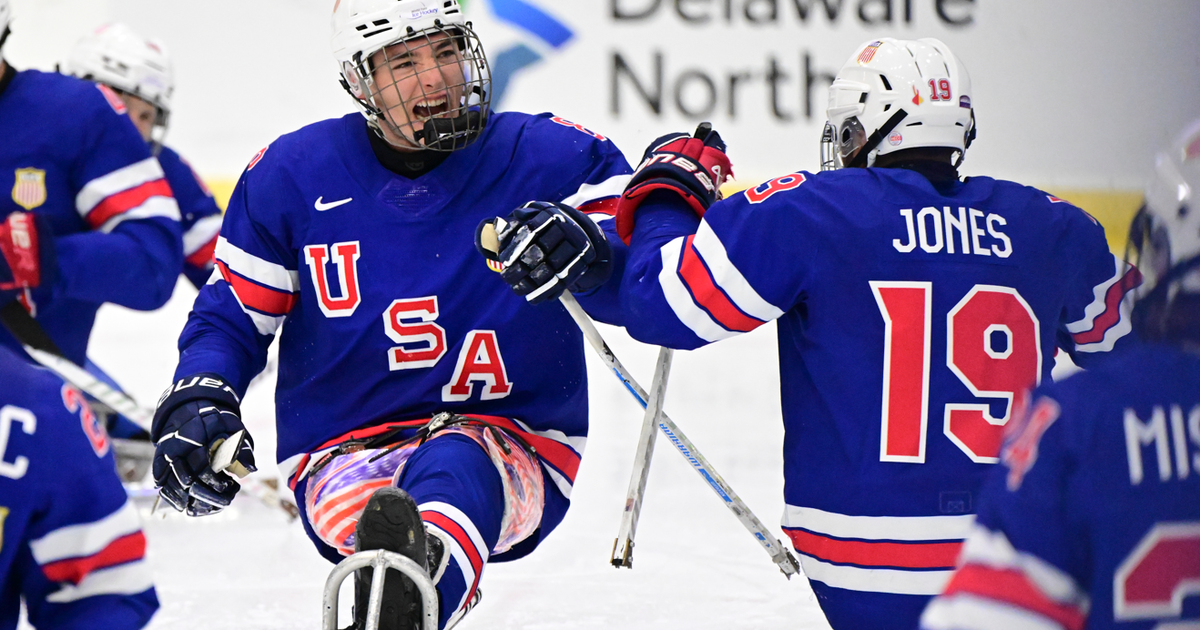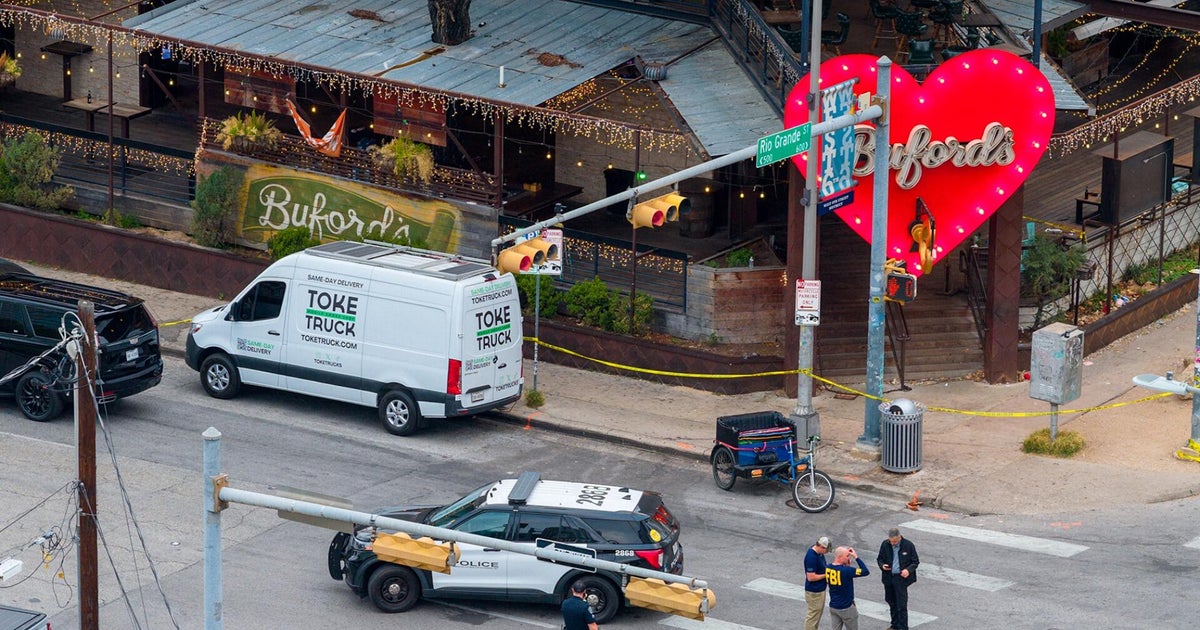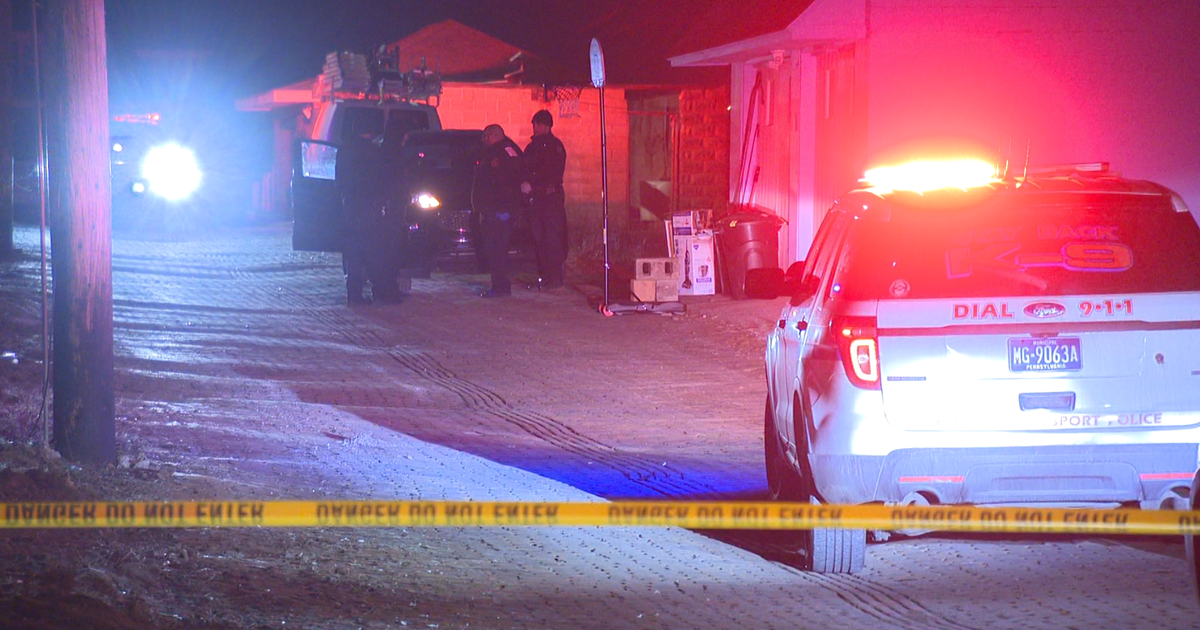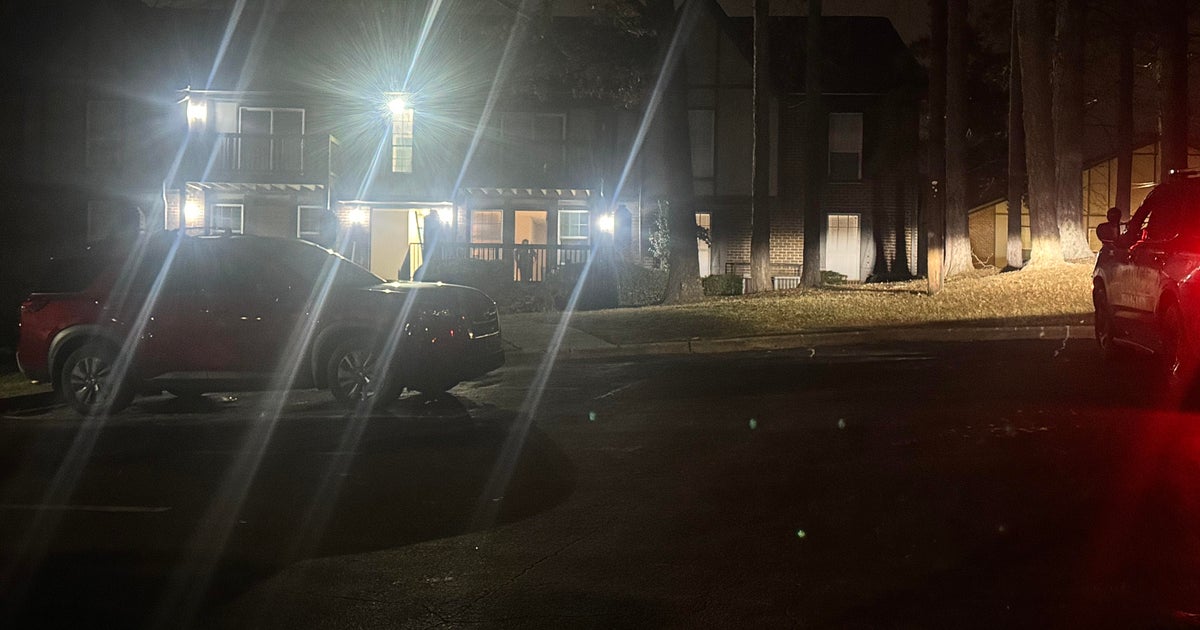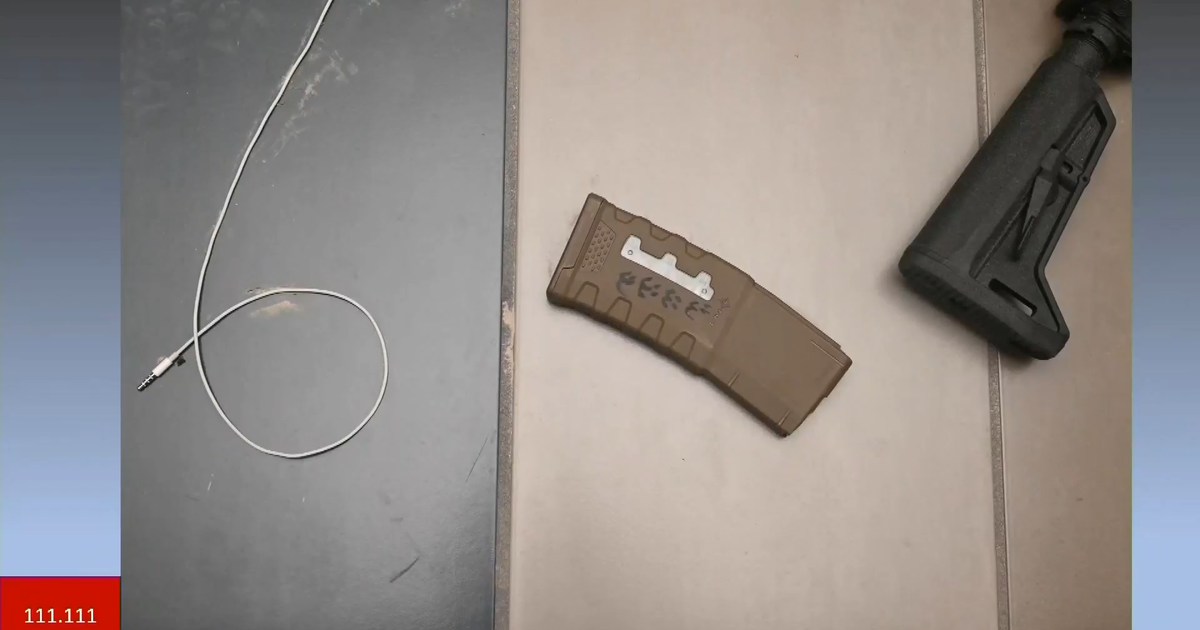Heroes of Harbor Hospital: Doctors, nurses recount 'organized chaos' treating 19 patients from Baltimore mass shooting
BALTIMORE -- On Sunday, July 2nd at 12:36 in the morning, what had been a normal overnight shift at MedStar Harbor Hospital's emergency room turned into the biggest challenge the small community hospital has ever faced.
"It was surreal. We were already very busy," Malkia Murray, a registered nurse, told WJZ Investigator Mike Hellgren. "Someone came in and said they had been shot. It went from one person to repeatedly hearing, 'There's another! There's one more! There's two more coming!' That's how it started."
And for an hour, people kept driving patients to the emergency room. One almost crashed into the doors in a panic.
"Once they said four more are coming, maybe a couple minutes passed by, and they were like three more are coming and it just kept going on and on," said physician assistant Mohammad Faisal.
He said some patients who were already there volunteered to give up their own beds.
"They kind of realized what was going on, and I don't think I've ever had patients volunteering to give up their room," he said.
Dr. Alfie Mingo, who has spent eight years at Harbor, called it "unprecedented" in his career.
"I've never experienced 19 people coming in with gunshot wounds. And a lot of them had more than one gunshot wound. It wasn't like they were just single shots. Some of them had two or three. I know it's something that will stick with us for a very long time," Dr. Mingo said.
His shift was just about to end. "I knew I was not about to leave," he said recalling how the wounded kept coming.
WJZ spoke to six members of the medical team who helped coordinate the response and treat the wounded in what is believed to be Baltimore's largest mass shooting.
At roughly two miles away, MedStar's Harbor Hospital is the closest to the Brooklyn neighborhood where multiple people opened fire at an annual block party.
One patient came to the hospital in an ambulance, another in a police car. The remaining 17 were driven by friends and family desperate to save their lives.
The hospital went into lockdown, under its protocol, as the medical team kept working without fear—treating patients and unaware of the circumstances behind the shooting.
"Usually when we have a gunshot wound come in, security locks down the hospital. There is concern the culprit is still out there, but in this case, I don't even think we thought about that," Faisal said.
Across the city at MedStar's Union Memorial Hospital, Dr. Matt Sasser was also busy treating the wounded from the same shooting.
"When we got two gunshot victims who came in by personal vehicle, we started asking them where they came from. They said a lot of people went to Harbor Hospital, so that immediately raised a lot of red flags," Dr. Sasser told Hellgren. "The two patients who came were shot through the hand as well as through the leg. Those are the kind of things that are potentially limb-threatening but usually not life-threatening. Fortunately, these were able to get taken care of fairly easily."
Dr. Sasser went to assist at Harbor Hospital once his shift at Union Memorial was over.
"That's why we do emergency medicine. It's what we are trained to do," he said of the challenging morning.
Related:
- Teen charged in South Baltimore mass shooting that killed 2, injured 28
- Casings from 'more than a dozen' guns found at Brooklyn Homes mass shooting scene
- Dispatch audio paints clearer picture of police response during South Baltimore mass shooting
Dr. Christopher Wilbert, the chair of Harbor's emergency department, was out of town when he started getting calls about what was happening, and he swung into action.
"They needed help. They needed help as soon as possible with additional providers, physicians, whoever we could get as soon as possible," Dr. Wilbert said. "I contacted everyone I could, woke them up in the middle of the night and said, 'We need you. We need you here at Harbor Hospital!'"
He drove there himself and arrived in the early morning hours.
Wilbert reflected on the seriousness of the tragedy.
"I'm hoping seeing something like this in our own backyard—in our own neighborhood—is going to put a light on what a troubling world we live in right now with all these mass shootings that seem to be a daily occurrence," Dr. Wilbert said. "In the 11 years I've been here, we've never had anything like this. Occasionally people were dropped off with a gunshot wound to an extremity. To have 19 people show up at our doorstep with these injuries is just so astonishing, and I really hope the community realizes something has got to change."
Those comments were echoed by Dr. Neil Majmundar who spent that morning treating the wounded. "This is possible in any of our institutions across this country as we join the ranks of the over 300 mass shootings in this country," he said.
He is proud of how his colleagues quickly and professionally handled the situation. "I believe your training takes over in that experience. Your adrenaline starts pumping," Dr. Majmundar said.
"I want to send to the community my deepest condolences to the families, to the victims whose lives were lost, and I hope the families of the victims who survived can find solace in the light at the end of this tunnel," he told WJZ.
Most of those injured were teenagers, some as young as 13.
"All babies," said nurse Malkia Murray. "They came in first and their parents found them. They came in with friends and people in the community. …The emotions were high. People were looking for their loved ones and rightfully so."
She triaged the injured as they entered the hospital.
"These are just children trying to have a celebration in their community, and it ended in such violence. It's still hard to process," Murray said.
She told Hellgren they made space wherever they could and kept a constant focus on the victims.
"I know it will change my practice. What I'm proud of is the compassion that I saw," Murray said. She added, "We did what we were trained to do."
"I also have young children, teenage children, and I know the parents were shocked and scared and devastated by what happened," Dr. Alfie Mingo said.
The most severely injured were stabilized and sent to larger hospitals like Shock Trauma and Johns Hopkins.
Through it all, the doctors and nurses did not lose a single patient. Everyone left Harbor Hospital alive that morning.
For that, Murray said she is "proud."
Harbor became the little hospital that could—and did—rise to the challenge, saving lives on one of Baltimore's darkest days.
"It shows trust in us," Dr. Wilbert said. "We've got your back Baltimore. We can take care of you."
